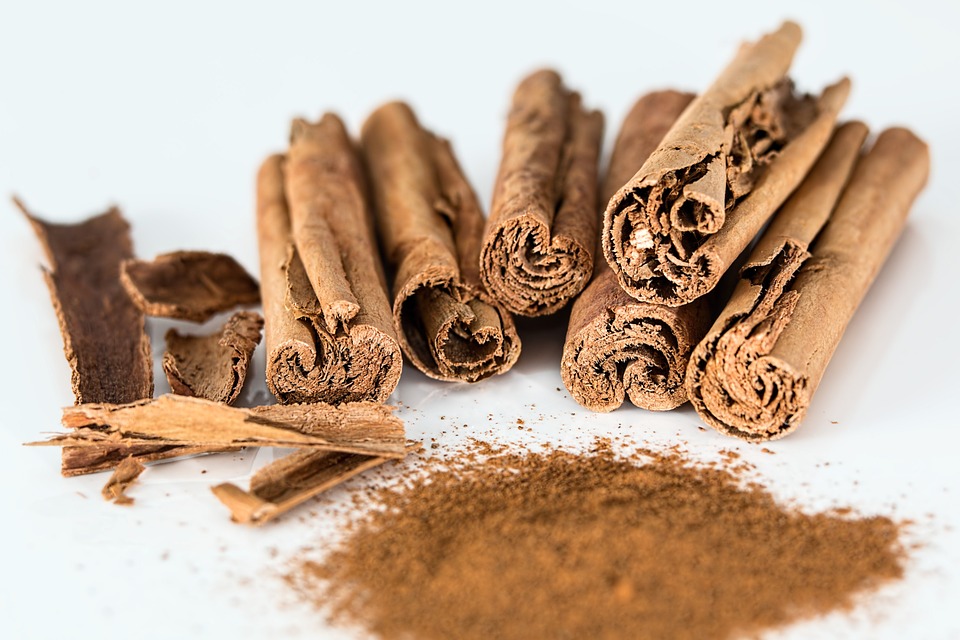
Cinnamaldehyde is a compound found in cinnamon. Majority of it is found in the oily part of the cinnamon when it is still a tree. This compound is the reason why cinnamon—in the form of a spice—offersso many different benefits for your metabolism and health.
There are two different kinds of cinnamon: Cassia cinnamon, which is the cinnamon that most people are most familiar with, and the one they actually address as “cinnamon,” and then there is the Ceylon cinnamon, which can be called the “true” cinnamon. While both are pretty much the same, Ceylon is considered the better due to its lack of thecoumarin compound. Coumarin is only harmful in large doses, which is why normal cinnamon is not a problem. However, out the two, Ceylon naturally has the lower amounts of Coumarin, so it is considered the better of the two. Still both versions offer the same benefits as the other, and while Ceylon, may be better, Cassia is the more commonly known and used, making it more available to the general public.
Cinnamon can be useful for controlling chronic inflammation. It contains a lot of antioxidants, which are useful for stemming inflammation do their ability to protect you from oxidation damage.
One gram of cinnamon everyday can help people with type 2 diabetes. It manipulates the levels of both LDL and HDL cholesterol. LDL (Low-density lipoprotein)cholesterol is harmful, and cinnamon works to reduce its levels. HDL (High-density lipoprotein) cholesterol works for you, and cinnamon raises this.
Type 2 diabetes also has a side effect called “insulin resistance.” Insulin controls your metabolism and the amount of energy you use. So, when you develop a resistance to it, you are in danger. Cinnamon has the ability to reduce this resistance.
On top of all of this, cinnamon lowers your digestive enzymes. As a result, the breakdown of carbohydrates in your digestive tract is slowed to a crawl. By doing this, cinnamon reduces the amount of glucose that makes it into your body after you eat, and by proxy, it lowers your blood sugar. This helps your cells absorb sugar easier.
Cinnamon also has the ability to lower neurodegenerative diseases, or diseases that affect the brain in some way shape or form. Two compounds in cinnamon have the ability to lessen the buildup of the tau protein found in the brain. Tau is a primary sign of Alzheimer’s disease.
Cancer is distinguished by the unregulated growth of cancer cells within the body. It is believed that cinnamon may have the ability to reduce this. It depletes the growth of cancer cells tumors by reducing the formation of blood vessels. It is also toxic to cancer cells. However, whether or not cinnamon can truly fight cancer is still uncertain as the only conclusive tests done have been done on test-tube animals.
Tract infections caused by fungi can be destroyed by cinnamon. It also targets bacteria like Listeria and Salmonella, stiffening their growth. It can also reduce bad breath and prevent tooth decay.
 Daryeel Magazine
Daryeel Magazine




